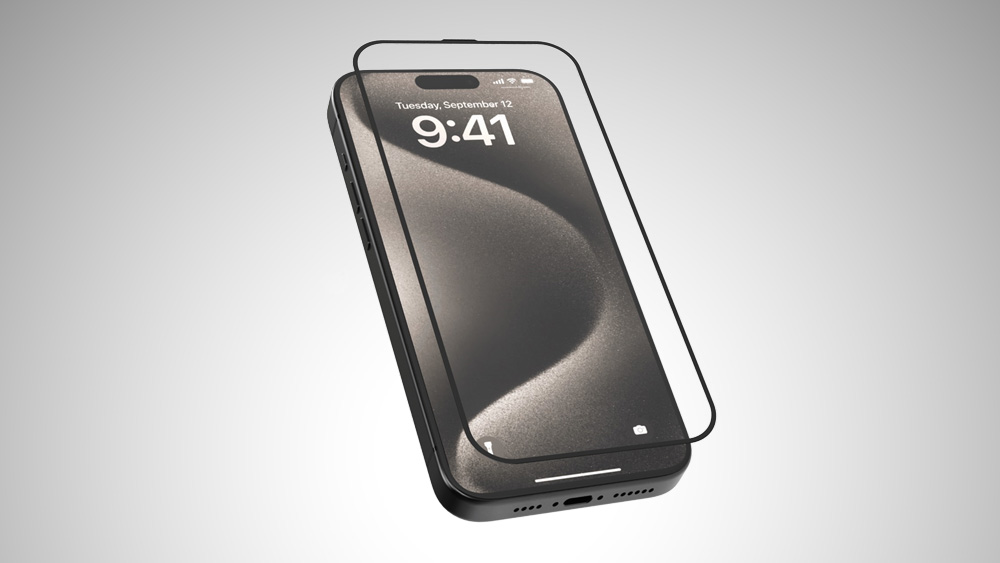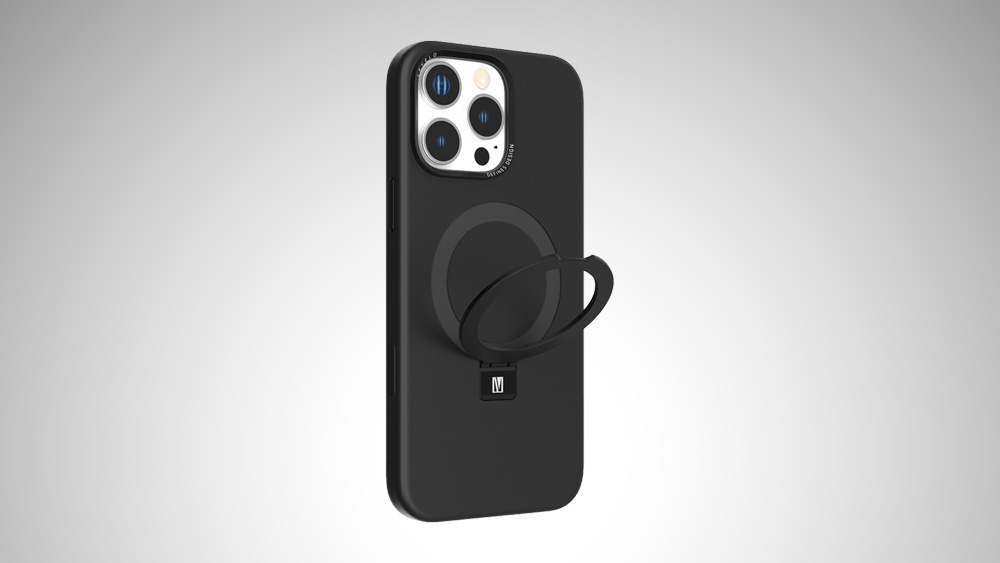According to reports and rumors, Apple is working on a groundbreaking upgrade for its AirPods that will integrate infrared (IR) cameras into the popular wireless earbuds. We expect this innovative feature will enhance the functionality of AirPods, especially in conjunction with the Apple Vision Pro headset. renowned Apple analyst Ming-Chi Kuo predicts that this upgrade could hit the market as soon as 2026 and it promises a significant leap in user experience and interaction.
Apple's Vision Pro Integration
Leveraging IR Technology
The new AirPods will have infrared cameras like the Face ID modules found on iPhones and iPads. Although these cameras won't be used for taking photos the main function of them is to facilitate advanced features when you pair these cameras with the Vision Pro headset. The purpose behind this integration is to provide a more immersive and interactive experience for users who purchase Apple's cutting-edge headset technology.
Enhancing Human-Device Interaction
One of the most exciting landscapes of the new IR cameras is their potential to detect environmental changes and enable in-air gesture control. This means users could control their AirPods by simply swiping or making gestures in front of the earbuds. For example, you can skip a song by swiping the air or adjust the volume levels with a hand gesture that could become a reality. If these cameras could match Face ID's accuracy and speed, it would represent a game-changing upgrade for both Vision headset users and music listeners alike.

Beyond Vision Pro
Wider Applications and Features
despite of public perception that this collaboration will appeal to a specific market, the IR cameras have much wider implications. Kuo suggests that the new AirPods will offer enhanced features for ordinary consumers not just Vision Pro users. The cameras' ability to detect gestures and environmental changes opens up multiple possibilities for innovative applications and user experiences.
ADHD Control and Focus Enhancement
With the use of the Internet of Things and artificial intelligence, AirPods may help people with ADHD by sending signals to the brain to increase concentration. This innovative feature can reduce mental distractions and improve focus and it provides a non-invasive tool for better attention management.
This gadget will amplify the signals sent from AirPods and detect the intensity of sound broadcast in different places to minimize mental leaps.
Advanced Health Tracking
There’s also been talk of AirPods with health-tracking features, but Apple hasn’t made these functions available yet. It's not out of mind to expect new AirPods to be equipped with this gadget and use sensors to monitor heart rate, activity level and caloric burn. These sensors provide real-time feedback to promote more fat-burning and make earbuds valuable during exercise and daily activities. It is also possible to amplify signals and the sound of songs during exercise, as well as with the integration of IOT and AI. Not only It can lower stress levels but also increases happiness levels.
Conclusion
Although Kuo's report offers some insight into the possible features of the next AirPods, it's certain that Apple has more surprises in store. The full potential of these new AirPods won't be revealed to the tech community until after their official release. But there's already a lot of enthusiasm due to the promise of improved gesture control and seamless connectivity with other Apple products.
With the expected 2026 introduction of the AirPods, Apple's new AirPods could redefine personal audio devices with features like IR cameras, health tracking, artificial intelligence, and IoT integration. Whether it's to improve focus, improve fitness or deliver superior sound, these AirPods may offer a comprehensive and innovative user experience. Apple's commitment to innovation ensures that these AirPods not only meet but exceed the expectations of users around the world.



